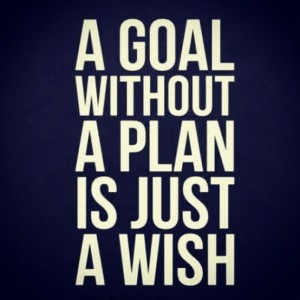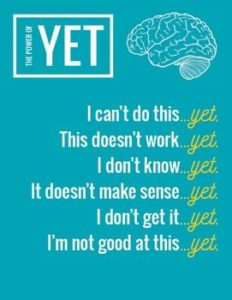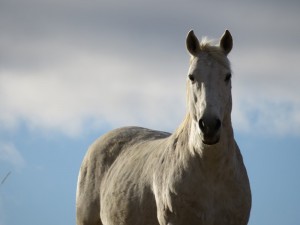
We all like to make plans and we all enjoy different bits of those plans
- We may like the beginning where things are new and exciting and we write down all our idea’s, putting things into order and get ready to go BUT often if things put you off starting then you may not start at all.
- Some of us like the middle bit where the first scary bit has been scaled and we settle into the routine of the ‘plan’ at hand and it often makes us feel safe but it can often halt our progress.
- Others like to rush to the end without often really taking enough time over the middle bit where it matters most . These people do finish the task but sometimes procrastinate about another start.So, figuring out which one you are is very helpful as you can then be aware of what you normally do when starting a new thing. From there you can work well in the knowledge that you need to enjoy all three parts of a PLAN.
Another thing we often do is make a big thing about getting or having a plan. We often put a date when we want to start or end which puts pressure on us before even begin, this is why New Years resolutions are often marked for failure, especially if you want to do something outside like horsemanship or getting fit, as the weather can be against us and if we’re one of the people that has difficulty starting something then our plan has stopped before it’s begun and that can be the end of our enthusiasm and the plan altogether.
SO…how can we help our plans GO to plan?
Firstly we need to be very realistic about what we want such as I want to feel fitter because it will be good for me and my horse OR I want to help my horse find relaxation in our training so that it’s more fun for us both. Usually if we try something like ‘I want to loose 3 stone before Easter’ and it’s only just past Xmas or ‘I want to ride a 50k endurance ride’ without any smaller plans to get there, is not setting yourself up for success. Remember too that it’s not just about physical success or failure it’s about mental and emotional success or failure. If you take care of your mental state and make tasks achievable then your happiness at doing that will help push you on to your goal.
Maybe try writing out a plan with three different scales to help you on good days and hard days. The three scales I use for whatever plan I make are: Beginners, Medium, Advanced. I can have a plan for something like ‘Riding new horse OR jog for fitness’ and it would look something like this:
Beginners: Riding – walk arena in a nice harmonious pace (Fitness – walk to gate and back)
Medium: Riding – trot arena in a nice harmonious pace (Fitness – jog slowly to gate and back)
Advanced: Riding – canter arena in a nice harmonious pace (Fitness – jog fast to gate and back)
I could change each week the gait or distance I do but it gives me a place to back down to or a place to advance without making me feel I’ve not achieved anything. I find if I don’t give myself these ‘permissions’ I often don’t do anything at all and that can become stuck before I’ve begun. Also adjust your plan weekly to make sure you’re working to a plan you can follow but also make sure that it progresses.
I also try not to give myself a date to start or finish or do things like weigh myself for me getting fit as it’s about enjoying the journey, finding my own pace and loving the fresh air and scenery. When I feel fit in myself then to me I’m fit. It’s the same with my horsemanship. I know when I’m working better because I don’t have to think about what I’m doing, I don’t get out of breath, I don’t run out of ideas and I don’t realise how much time I’ve been playing until after the session which went well because there were no time restraints on what I was doing.
Having a plan is great but make that plan DO-ABLE for yourself. Don’t worry about what others are doing but ask for help from a good source if you need it, don’t be afraid to ask for help and keep progressing if that’s what your goal is. Also don’t over do things and put yourself off doing more or even strain yourself if exercising so that your plan has to be put on hold. If anything happens always make sure you get around to re-starting your plan, don’t just let life get in the way, make time for yourself.
Remember that ‘Practice Makes PROGRESS’ and if your plan is good for you and you adapt as you go then you’ll soon find your goal is achievable.
‘A good plan today is better than the perfect plan tomorrow’ 😉


